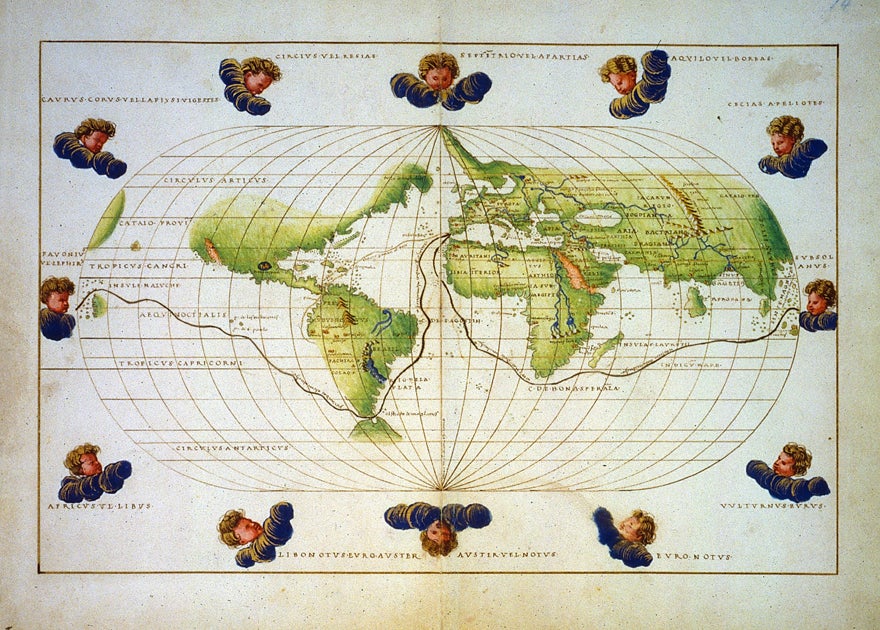Anthropology

What courses? Anthropology; social anthropology; human sciences; archaeology & anthropology; anthropology & sociology; evolutionary anthropology.
What do you come out with? Usually a BA, or a BSc if studying a more scientifically orientated course. You can get a four-year MA in Scotland.
Why do it? “There is no other degree subject that tackles the world's most challenging question - WHAT DOES IT MEAN TO BE HUMAN? - by studying all the amazingly varied ways that people live, think and relate to each other in every part of the world. Anthropology gives students the chance to learn about everything from love and family life in England, to how Pacific islanders cope with climate change, how people cure diseases in Africa and what deforestation means to communities in the Amazon. Anthropologists have a passionate belief in the importance of gaining deep first-hand knowledge of their own and other people's cultures, societies and economies. They do this through direct experience of specific ways of life ('fieldwork'). If you do an anthropology degree, you will develop a real and profound appreciation of what all humans have in common as inhabitants of our complex and rapidly changing world, as well as how and why peoples and cultures differ, both in small things like table manners and food choices, and the biggest and most life-and-death of our pressing globalised concerns.” - Dr Susan Bayly, deputy head of department, Cambridge University Department of Social Anthropology
What's it about? The study of humans, in a nutshell. It’s a vast cauldron of biology, cultural studies, health, ethnography, symbolism, sociology, psychology, archaeology and more. It is the study of the exotic, the remote, the “weird and wonderful”, and it is also the study of all of us - comparing human behaviour and social structures across the world. In a sense, you can look at anything and call it anthropology, and therefore courses vary widely. Many focus specifically on the social side of things, whereas others are more biologically-based, and many combine the subject with archaeology. While it is a constantly developing area of academia, with new questions being raised over modern science, the internet society, global migration and religion in the modern world, many scholars believe there is still a lot to be learned from the anthropological ‘greats’ of the past.
Study options: As with most arts and social science courses, anthropology usually requires three years full-time study. There are opportunities to study abroad at most universities, especially if studying alongside a language or the culture of a particular country, although sandwich years in industry are not at all common. In Scotland all courses are four years long, after which you are awarded an MA. Some courses (eg Oxford Brookes) have more assessment than others. Edinburgh splits assessment places emphasis on continuous assessment and fieldwork, and a dissertation in the fourth year. UCL, Durham, LSE, SOAS and Cambridge rely more on exams.
What will I need to do it? Being such a mixed-bag of a subject, courses tend not to ask for specific A-levels, although if you are intending on going into a particular branch, it may be helpful to have studied a related area before (e.g. A-level biology for biological anthropology). As you would expect, Oxford and Cambridge require top grades for their archaeology and anthropology degrees, with Cambridge asking for A*AA at A-level, and advising students to contact individual colleges for information on recommended A-level subjects. Not all universities are so tough with their demands though – the University of East London invites applicants with as little as 200 UCAS points (BB or CDD at A-level).
What are my job prospects? The wide range of skills acquired during an anthropology degree lend themselves to jobs in a plethora of fields, including the media, commerce, management consultancy, diplomacy, advertising and PR. A lot of graduates choose careers which build directly on their discipline, including research and teaching, work for NGOs and development agencies, and in museums, conservation, and heritage management. Those who study biological anthropology may find themselves going into certain branches of medicine and healthcare. According to The Times' Good University 2012 around 30 per cent of students found themselves in graduate-level positions within six months of graduating, with an average starting salary of around £20,200. Further study is also popular, with 25 per cent of graduates choosing this option.
Where’s best to do it? Cambridge came out top overall in the Complete University Guide 2012, closely followed by Oxford, SOAS and LSE. Oxbridge students also said they were most satisfied with their course.
Related degrees: History; biological sciences; sociology; classics and classical civilization; psychology.
Join our commenting forum
Join thought-provoking conversations, follow other Independent readers and see their replies
Comments
Bookmark popover
Removed from bookmarks